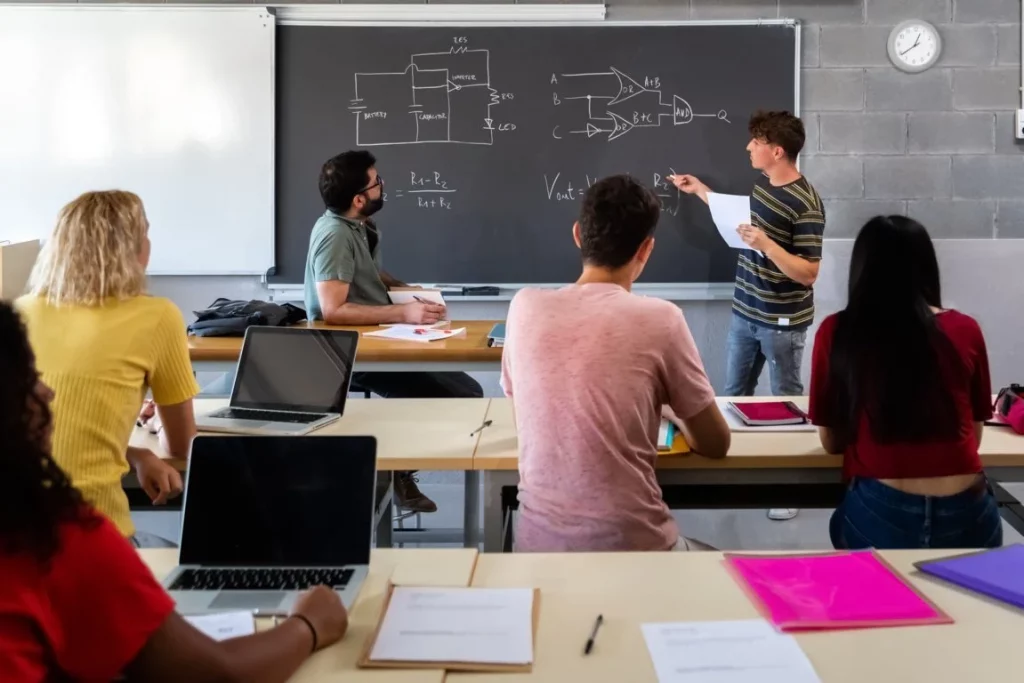
Secondary education is the stage of formal education that follows primary education and precedes higher education. It is typically offered to students between the ages of 14 and 18, although the specific age range may vary depending on the educational system and country.
The purpose of secondary education is to provide students with a well-rounded education that prepares them for higher education or the workforce. It aims to develop their intellectual, patharkandicollege.org skills, while also fostering critical thinking, creativity, and independence.
The curriculum of secondary education typically includes a variety of subjects, such as English, mathematics, science, history, social studies, foreign language, and arts. Students may also have the opportunity to take elective courses, such as computer science, business, or music.
In addition to academic subjects, secondary education also emphasizes the development of life skills, such as problem-solving, decision-making, and communication. Students are also encouraged to participate in extracurricular activities, such as sports, clubs, and student government.
Secondary education is an important stage in a student’s life. It provides them with the knowledge and skills they need to succeed in higher education or the workforce. It also helps them to develop into well-rounded individuals who are prepared to contribute to society.
Here are some of the benefits of secondary education:
- Increased knowledge and skills
- Improved critical thinking and problem-solving skills
- Enhanced communication and teamwork skills
- Greater self-confidence and independence
- Increased opportunities for higher education and employment
- Stronger social and emotional skills
- Enhanced civic engagement
Secondary education is a valuable investment in a student’s future. It provides them with the knowledge, skills, and experiences they need to succeed in life.
Here are some of the challenges of secondary education:
- High cost of tuition
- Lack of access to quality education
- High dropout rates
- Pressure to succeed
- Peer pressure
- Bullying
Despite these challenges, secondary education remains an important stage in a student’s life. It is an investment in their future that can pay off in many ways.
If you are interested in learning more about secondary education, there are many resources available to you. You can talk to your school counselor, librarian, or teacher. You can also visit the websites of educational organizations, such as the National Education Association or the American Federation of Teachers.
Secondary education is an important stage in a student’s life. It provides them with the knowledge, skills, and experiences they need to succeed in life. If you are a student, take advantage of the opportunities that secondary education has to offer. If you are a parent or guardian, support your child’s education and help them to succeed.
